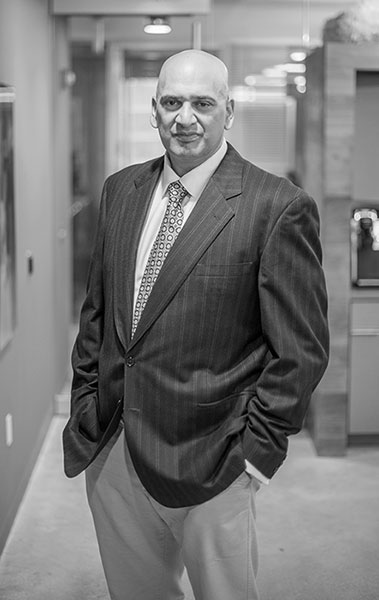I offered to work for totally free. The hiring manager admired that and offered me a job. I worked 60 hours a week. I only made money for 29 hours, so they could avoid paying me medical advantages. At the time, I was making the princely amount of $4 an hour.

On Saturday and Sunday, I worked 12-hour shifts as a cook in a restaurant in Queens, New York. In the meantime, I got licensed to become a broker. Slowly however certainly, I increased through the ranks. Within two years, I was the youngest vice president in Shearson Lehman history. After my 15-year career on Wall Street, I started and ran my own worldwide hedge fund for a decade.
However I have not forgotten what it seems like to not have enough cash for groceries, not to mention the costs. I keep in mind going days without eating so I might make the rent and electric bill. I remember what it resembled maturing with nothing, while everyone else had the latest clothing, devices, and toys.
The sole income is from subscription income. This instantly does away with the predisposition and "blind eye" reporting we see in much of the standard press and Wall Street-sponsored research study. Find the best financial investment concepts in the world and articulate those concepts in a method that anybody can understand and act upon.
When I seem like taking my foot off the accelerator, I advise myself that there are thousands of driven competitors out there, hungry for the success I've been lucky to protect. The world doesn't stall, and I understand I can't either. I like my work, but even if I didn't, I have trained myself to work as if the Devil is on my heels.
But then, he "got greedy" (in his own words) and hung on for too long. Within a three-week span, he lost all he had made and whatever else he owned. He was ultimately obliged to submit individual bankruptcy. Two years after losing everything, Teeka rebuilt his wealth in the markets and went on to introduce an effective hedge fund.